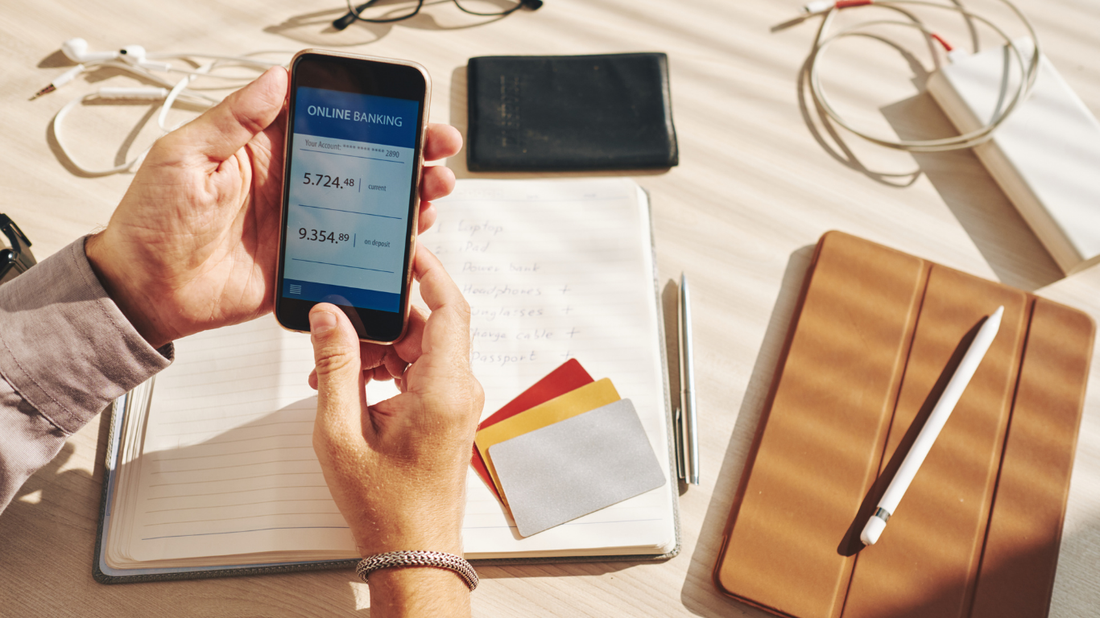Time to Bank Like a Boss: Opening Your First Checking Account

Share
So, you’ve got your first paycheck… or maybe you’re just tired of hiding crumpled bills in your sock drawer. Either way, it’s time to level up your money game by opening a checking account. It’s easier than you think, and it gives you the freedom to manage your money like the grown-up you’re becoming.
Here’s why a checking account matters:
- You need a place to deposit your money (especially if you're getting paid digitally).
- You want to pay rent, split dinner with friends, or order that one item that’s only available online.
- It’s your first big step toward financial independence.
What you need:
You’ll usually need a government-issued ID (like a driver’s license), your Social Security number, a bit of money to deposit (some banks require $25–$50), and a sense of adventure (just kidding—but hey, it helps). The downloadable checklist will walk you through it.
How to pick the right bank or credit union:
- Low (or no) fees. Look for banks that don’t charge you for existing.
- Convenient access. Nearby ATMs, a good mobile app, and customer service that won’t ghost you.
- Youth/Student Accounts. These are often low-fee and perfect for starters.
Benefits of having a checking account:
- Learn to track your spending.
- Build money habits that’ll help with future credit cards, rent apps, and big purchases.
- Peace of mind: it’s safer than cash and easier to manage than hiding cash in a cereal box.
A bonus move?
Open a linked savings account while you’re at it. (We’ll talk more about that in another blog.) Savings accounts let you separate “spend now” from “save for later.” You can even set up more than one if you're feeling fancy—emergency fund, travel fund, burrito fund. Your call.
Grab our free checklist on our FREE Resources page
And if you haven’t yet, grab your copy of Unsolicited Advice for the High School Graduate: A Practical Guide for Becoming Independent for more real-world wisdom that doesn’t suck.
